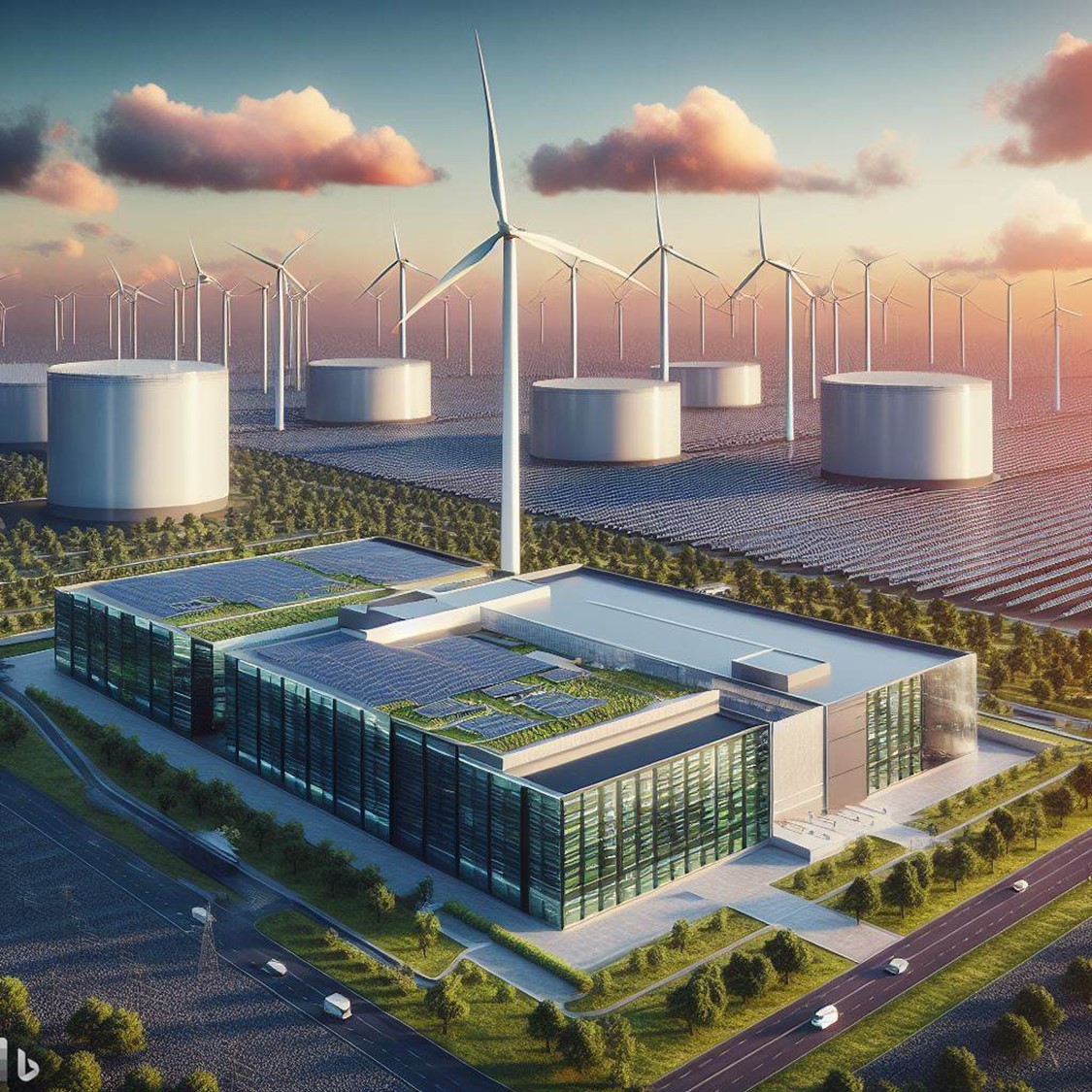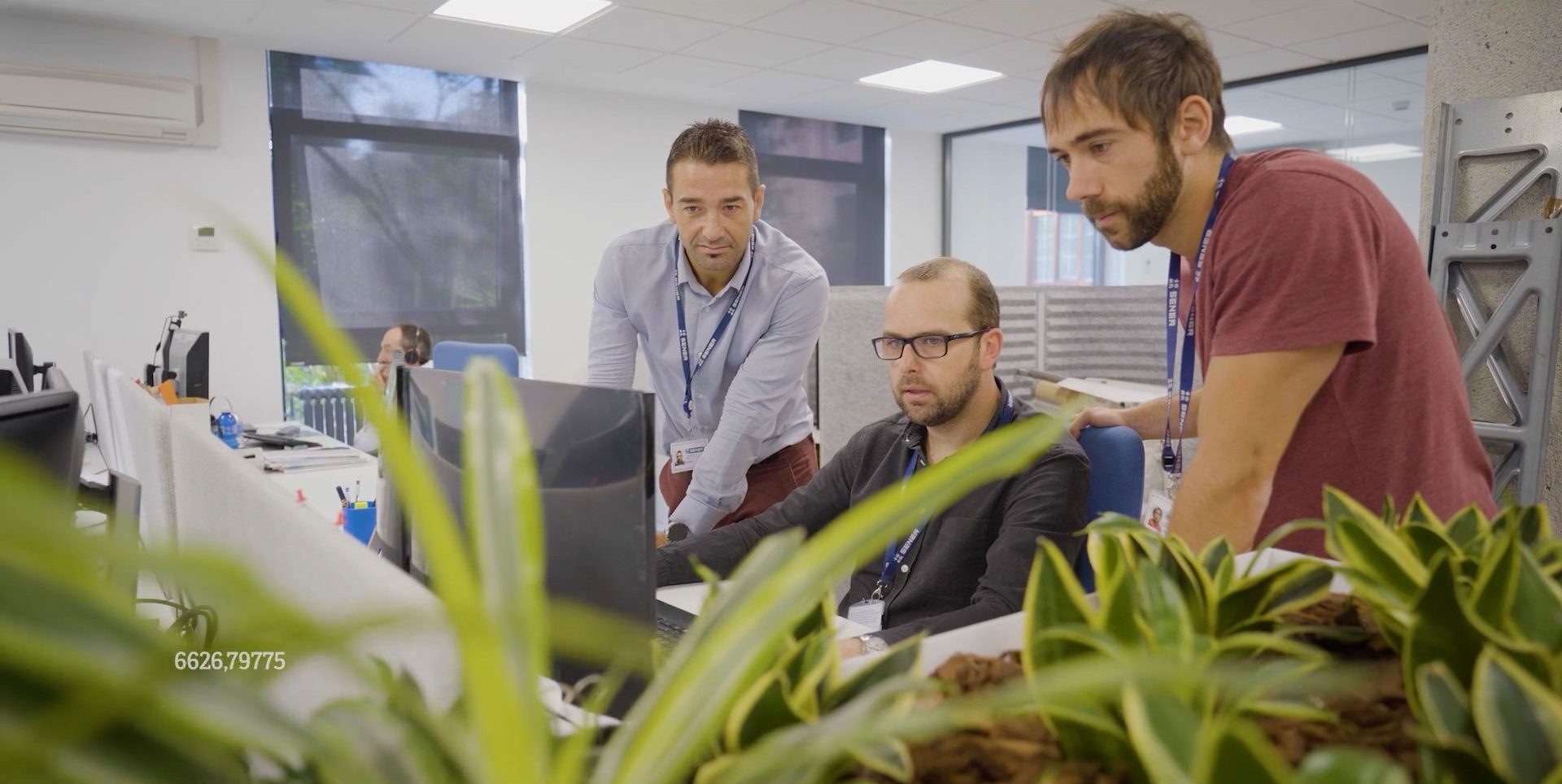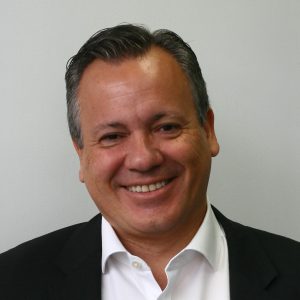
- Data Centers
Categories:
For months now, it has been common to see the media publishing information about generative artificial intelligence (AI) as a truly disruptive technology, which will influence our lives with even more impact than the launch of the Internet. I do not dispute that this will be the case, nor that society will have a superior capacity to do more and better things, gaining efficiency. A technology destined to improve (even revolutionize) fields as diverse as medicine, autonomous transportation or education.
All of these AI applications (present or future) require computing power far superior to current standards, which gives rise to the need for massive infrastructure deployment. And that’s where the hottest real estate asset comes into play: the data center.
According to Tirias Research estimates, even with significantly improved hardware computing performance, the current processing workload will increase 50-fold during this decade due to AI. According to the International Energy Agency, the global electricity consumption of the data center sector is around 240-340 TWh, which represents between 1 and 1.5% of annual electricity demand.
If we look at these figures, it is evident that the deployment of AI is going to be conditioned by the availability of electrical power, since it is unthinkable that 50-75% of the world’s electrical energy is used to cover the needs of AI. For this reason, large technology companies have launched the race to obtain locations with available power now or in the future. The main objective is no longer latency as was said in the period of the “cloud wars”, now the driver is the availability of power.
There will not be energy for all players in the data center sector and a significant effort is required on the part of governments and transmission network managers if they do not want to lose the race for this disruptive technology. In Spain, this increase in demand will have to be accompanied by the development of all our renewable energy potential, currently the main source of data centers in the country.
Although companies leading AI have the scale and technical know-how, mass implementation will remain an ongoing effort for most colocation operators, helping big tech meet time to market.
Considering the electrical power density requirements and cooling needs for the new data centers designed to house AI, we can say that we are talking about totally different buildings from those we know today. Liquid cooling will be used and possibly the working temperatures will not require the use of chillers with the consequent improvement in energy efficiency. They will be buildings with a smaller footprint, but with a large external surface to house the critical equipment plant. They will not be in cities, but in areas with a lot of available surfaces. We are talking about buildings or campuses with more than 100 MW of power; even reaching 1 GW if energy availability allows it.
This type of infrastructure will be designed, built and operated by highly specialized companies, given that they are technically more complex due to their scale and a level of investment unprecedented in the world of construction. On the other hand, there are not so many professionals in the world with the necessary experience to be able to meet the great demand that is going to occur. It is urgent, therefore, to advance training and specialization in a sector that has already become one of the main assets for the digitalization of the economy.
AI has only taken off, but its growth potential is as great as it is unknown. We must be prepared for a future that is approaching in leaps and bounds and data centers must be in the first line of action.
Ricardo Abad
CEO de Quark
Ricardo, over his 30 years of experience, has worked as an executive in engineering consulting firms, construction companies, installation companies, and critical equipment manufacturers, always with his primary focus on the data center sector. Certified as an ATD (Accredited Tier Designer) by the Uptime Institute and a Data Center Design Specialist by DC Pro, he is a member of the Board of Directors of SpainDC (Spanish Data Center Association).









